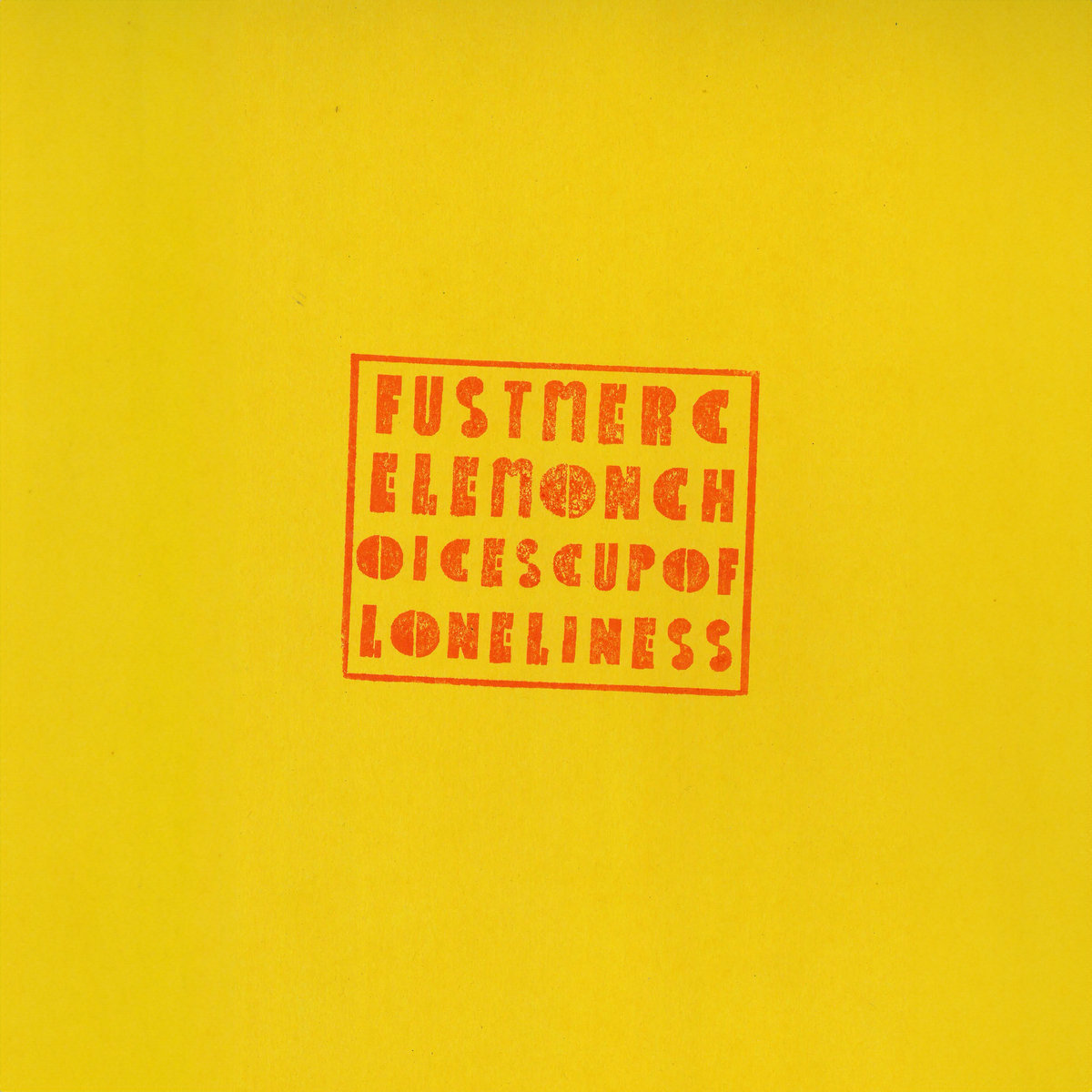Cheridomingo – Shapeshift | Album Review
/everybody lives!
Musical genres can be tricky. In theory, they’re a kind of shorthand used to categorize bands with vaguely similar sounds in order to help match them up with the right audience. However, the result often leaves musicians pigeon-holed into certain scenes or expectations. Sometimes, though, a band will decide to throw genre conventions out the window, finding ways to bring all of their influences together. Examples of this include emo stalwarts The World Is A Beautiful Place & I Am No Longer Afraid To Die, “nü pop” favorites Cheem, and newcomers Cheridomingo here on their first full-length release, Shapeshift.
The name of the record couldn’t feel more appropriate, as the Ventura County natives spend ten songs rapidly moving between different alternative genres with clear appreciation and reverence for the music that came before them. Be prepared for a combination of pop-punk, post-hardcore, electronic, nu-metal, emo, and more. It might seem like a lot to take in, but the songs have continuity in the form of vocalist and guitarist Anthony Avina.
It’s clear that the title Shapeshift has a dual meaning, referring both to the way the band weaves together different styles as well as the themes found within Avina’s lyrics. Across the tracks, the singer runs through a list of fears and anxieties keeping him at a distance from the world around him, all written in a way that feels relatable to any listener or onlooker. The most direct example of this universality is on “/cry,” the third single off Shapeshift, which finds Avina lamenting, “If I die young or I grow old, it makes no difference / I’m afraid of where I will go after my life ends.”
Discussing the album, Avina stated that he never had someone in his life to reassure him that things would be okay, forcing him to create that person within himself. We all do this to some extent–shifting between personas we’ve developed depending on the situation we find ourselves dealing with. While those themes recur across Shapeshift, there’s plenty of lighter fare, too, like the chorus of “Limerence,” which is delivered in a melody that accurately captures the nervous energy of falling in love.
Caught on the line, reeling me into you
I’m terrified that I’d die if you tell me to
The fact that Shapeshift moves so seamlessly between styles is also a testament to the band’s musicianship and songwriting. Credit should go to lead guitarist Adam Dobrucki and production from Zach Tuch (Movements, Trash Talk, ZULU), as the guitars sound crisp and easy to define. Nothing on the record feels unnatural or disjointed, which can be a common pitfall while trying to bring this many different genres to the table. The rhythm section keeps the proceedings moving smoothly with their own moments to shine, such as bassist Alex Gonzalez’s work throughout “/cry” and how drummer Simon Beck intertwines physical drumming with electronic beats.
The catchiest song on Shapeshift is “Disconnect,” a pop-punk-post-hardcore track that brings to mind the best output of bands like Saosin or Balance and Composure. With the chorus, Cheridomingo shows that they’re capable of coming up with hooks that can stick in your head for hours on end. It’s songs like this that have the power to win over hordes of fans at live shows, so here’s hoping “Disconnect” makes regular appearances on the band’s setlist.
Of the album’s three singles, “/cry” is a clear standout. This track brings the band’s nu-metal influences to the forefront, with elements that harken to Deftones as Avina’s effects-laden voice is heard over a thumping bass line. This mood feels like it stands in direct contrast to the more emo-tinged opener “Like A Chain” or the 2000s alt-rock found on “Peace of Mind.”
Cheridomingo even dips into straightforward pop music at points, most notably with “Get In.” which picks up immediately where “Disconnect” leaves off. The song starts off on a somber note but quickly turns into something that wouldn’t feel out of place on mainstream pop radio. Similarly, the song “Sympathy” includes sections with strong Panic! At The Disco vibes while also folding in some post-hardcore elements that bring a harder edge.
Shapeshift is a good album with moments that are great. Avina’s vocal melodies are very strong, and together, the band has already shown they’re capable of writing quality songs across different genres. By offering so many different styles on the same record, Cheridomingo encourages listeners to keep an open mind and explore something different than they might normally listen to.
The state of music only changes through experimentation, and a lot of that happens through the blending of genres. With that in mind, if Shapeshift can be considered an experiment, it should be seen as a successful one on the part of Cheridomingo. As long as they continue to develop their style with future releases, they will undoubtedly be a band to keep an eye on.
Nick Miller is a freelance writer from Ypsilanti, Michigan, primarily writing about the world of professional wrestling. He also enjoys playing music, reading, tabletop RPGs, and logging Letterboxd entries (AKA watching movies). You can find him on X at @nickmiller4321 or on Instagram at @nickmiller5678.










